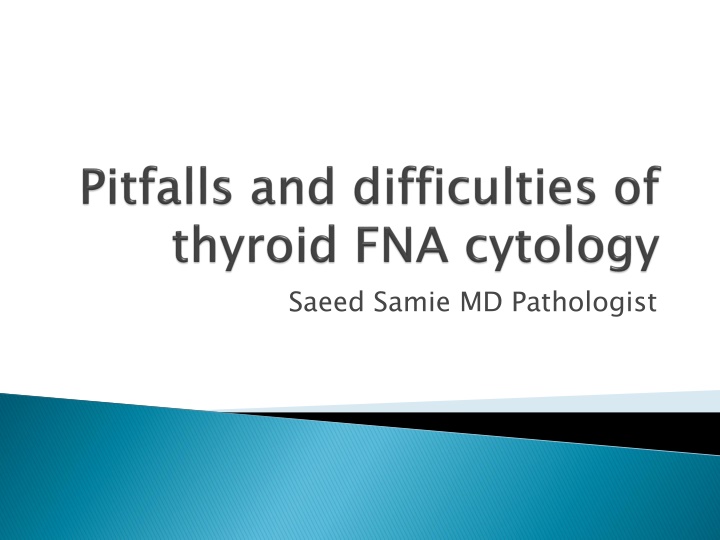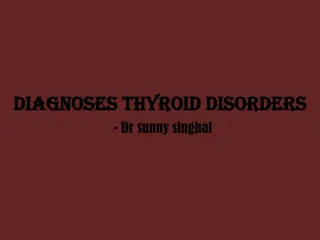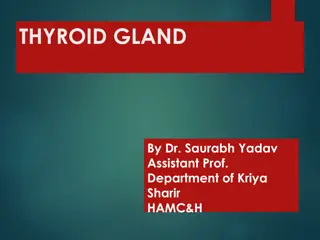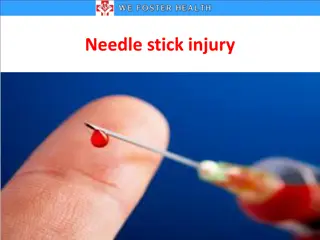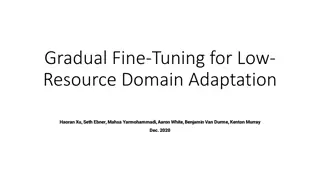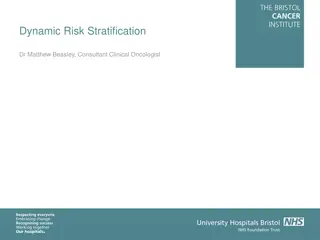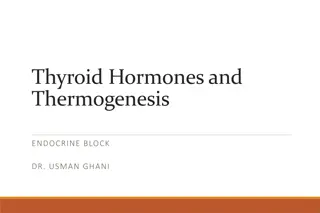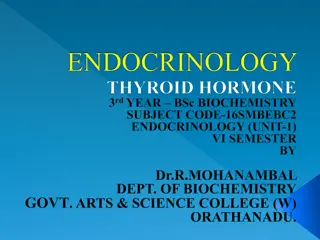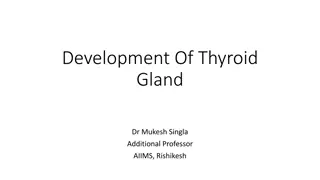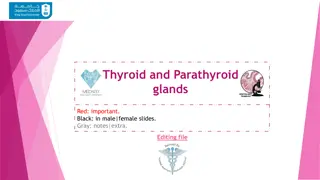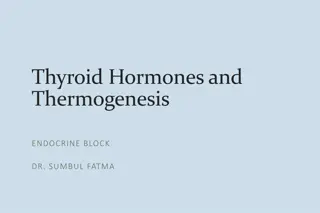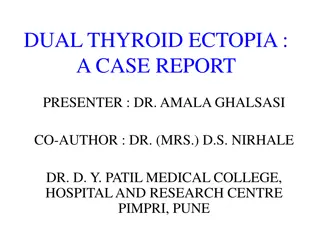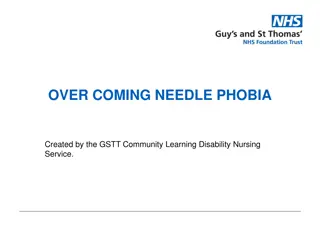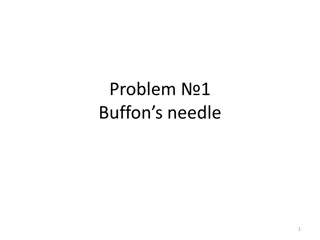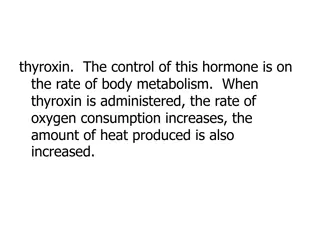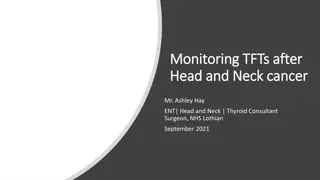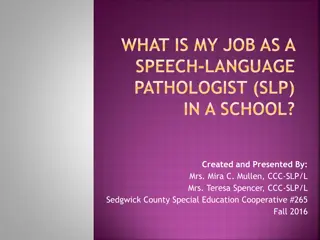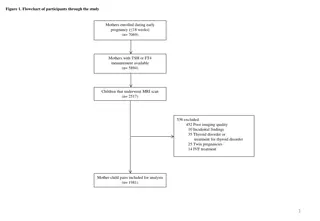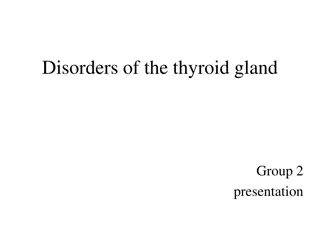Insights on Reporting Thyroid Fine-Needle Aspiration as a Pathologist
Pathologist Saeed Samie discusses feelings of safety and satisfaction when reporting thyroid FNA results, emphasizing certainty in malignant lesions over benign ones. Reduction of unnecessary surgical interventions and the importance of uniform categorization for clinical decision-making and guideline development are highlighted. The Bethesda System for Reporting Thyroid Cytopathology and criteria for determining benign vs. suspicious nodules are outlined, aiding in clinical management.
Download Presentation

Please find below an Image/Link to download the presentation.
The content on the website is provided AS IS for your information and personal use only. It may not be sold, licensed, or shared on other websites without obtaining consent from the author.If you encounter any issues during the download, it is possible that the publisher has removed the file from their server.
You are allowed to download the files provided on this website for personal or commercial use, subject to the condition that they are used lawfully. All files are the property of their respective owners.
The content on the website is provided AS IS for your information and personal use only. It may not be sold, licensed, or shared on other websites without obtaining consent from the author.
E N D
Presentation Transcript
When do you feel safe (as a pathologist) while reporting a thyroid FNA? When I am reporting a malignant lesion, for sure. 1. I have conclusive cytological evidences of malignancy in hand. 2. I am sure that the patient will receive an appropriate treatment ( mostly after confirmation by tissue sampling). When do you feel less safe? When I am reporting a benign process.
Do you feel satisfied as a pathologist if you find certainly malignant lesions? ALL NODULES BENIGN THYROID NODULE All nodules Benign nodules MALIGNANT NODULES Uncertain nodules Malignant nodules
To reduce the unnecessary surgical interventions. All nodules Benign nodules Benign nodules All nodules Uncertain nodules Uncertain nodules Malignant nodules nodules Malignant
Uniformity Categorization to improve clinical decision and certainty by delineating guidelines More clear morphological criteria for categorization Clear determination of uncertainty level Was it successful to achieve these goals? Was it successful to achieve these goals?
The Bethesda System for Reporting Thyroid Cytopathology: Implied Risk of Malignancy and Recommended Clinical Management11 Risk of Malignancy (%) FNA, fine-needle aspiration. Diagnostic Category Usual Management Nondiagnostic Repeat FNA with ultrasound Benign 0-3 Clinical follow-up 5-15 Atypical follicular lesion of undetermined significance Repeat FNA 15-30 Suspicious for follicular neoplasm Surgical lobectomy Suspicious for malignancy 60-75 Near-total thyroidectomy or surgical lobectomy Malignant 97-99 Near-total thyroidectomy
BENIGN Suspcious Atypia
When you should decide on minimum criteria Unsatisfactory vs Benign Cellularity Composition Artifacts and technical problems Artifacts Air drying Blood coverings Inherent ambiguity in disease entity Follicular lesions Cytological findings common to many entities Hurthle cells Nuclear features (grooves, anisonucleosis, ..) Less common entities with limited pathologist experience Metastatic carcinoma
